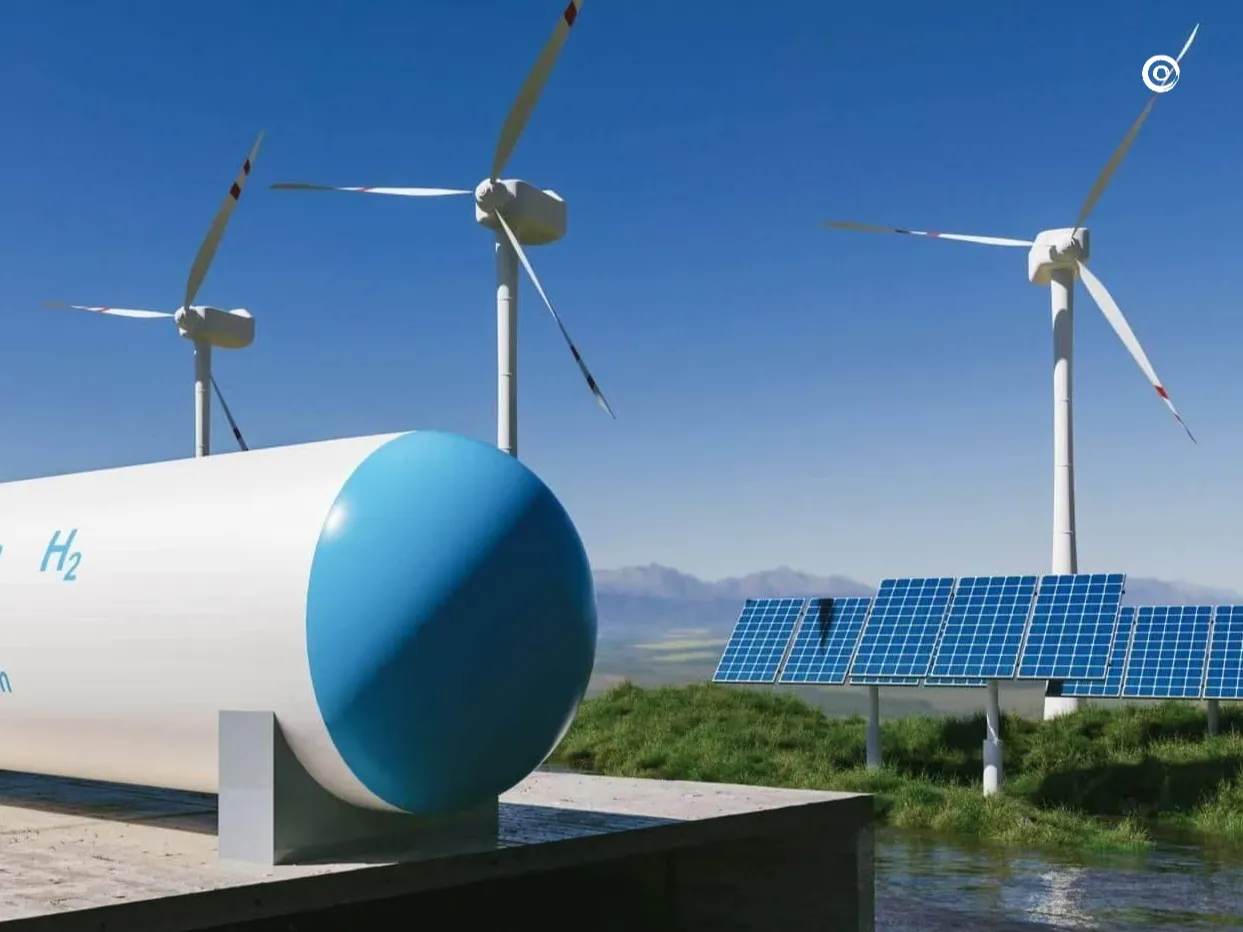- According to estimates, the global demand for advanced nuclear reactors will be worth about $1 trillion
- According to the World Nuclear Energy Association, African countries are now also interested in developing nuclear energy

Nuclear energy is at an inflection point in history, with at least seven African countries at various stages of nuclear power plant construction - commissioning, procuring suppliers and mapping suitable sites. Most agree that 2030 will be the starting point for nuclear power generation in Africa.
Egypt is the only country that has already started building nuclear power, with a website officially launched in July 2022. The $25 billion project, developed by Rosatom, will have a total installed capacity of 4.8 gigawatts and will consist of four 1,200-megawatt reactors.
"Egypt has joined the nuclear club. This plant will be the largest project of Russian-Egyptian cooperation since the Aswan Dam. More than half a century," Alexei Likhakov, director general of Rosatom, said during the launch. It has always been the dream of the Egyptian people to have their own nuclear energy industry."

Kenya is also edging closer to the development stage after identifying two coastal areas - Kilifi and Quale districts - earlier in 2022 for the construction of the country's first nuclear power plant. The country's Nuclear Energy and Energy Agency (NuPEA) estimates the project will cost around $50 million, with construction planned in 2030, with a trial run four years later and full operation expected in 2036.
At the Tenth Review Conference of the Parties to the Treaty on the Non-Proliferation of Nuclear Weapons (NPT) in early August, Kenya Nuclear Energy and Energy Agency (NuPEA) chief executive Collins Juma said: “There is a need to supplement Kenya’s existing renewable energy sources to meet the projected energy demand, while achieving low-carbon development through alternative low-carbon sources.”
Uganda is considering building two 1,000-megawatt reactors by 2031 at three sites on the Jinghe, Kagera and Aswa rivers. Previously, the Uganda Energy Ministry had reached an agreement with investors from Russia and China.
Last month, Ugandan President Yoweri Museveni asked Russian Foreign Minister Sergei Lavrov to help Uganda build East Africa's first nuclear power plant. In May 2022, the International Atomic Energy Agency (IAEA) gave Uganda the green light to start building and producing nuclear energy.

After a false start, Nigeria has a fresh start. The Nigerian Nuclear Regulatory Agency opened tenders for the construction of a 4-gigawatt nuclear power plant in March 2022. The country is reportedly betting on the four nuclear power plants, which are equivalent to one-third of the country's total installed capacity, to address power outages caused by their lack of electricity. In 2016, the West African country signed an $80 billion plan with Rosatom to build four nuclear power plants, but the plan never materialized.
After discovering uranium mines four years ago, Tanzania wants help from Rosatom and its subsidized Uranium One company to build a research reactor and later a commercial nuclear power plant. Uranium One holds a licence to mine uranium on the Mkuju River within the Selous Game Reserve.
Morocco's nuclear energy programme
In June 2022, Morocco moved forward with its nuclear energy program following the release of a report that advised the country's lawmakers to switch to renewable energy.
Moroccan media quoted Minister of Energy Transition and Sustainable Development Leila Benali as saying: "Morocco has invested in solar and wind energy and is now looking at nuclear power to secure future electricity demand... We now need a country that decides to start generating electricity from nuclear power."

The report, released after nearly seven years of feasibility studies for a nuclear reactor, will guide the country's parliament, which is expected to consider it in 2022. Morocco is an energy importing country, and 90% of its annual energy needs depend on imports.
In October 2019, Rwanda signed an agreement with Rosatom to establish a nuclear science and technology center, and significant progress has also been made.
Nuclear Science Center
In August 2022, 100 Rwandans are expected to graduate in nuclear science and technology, and within the next two years, a nuclear science and technology centre is planned to be built in the Bujsera Industrial Park. While other countries are chasing large projects, Rwanda plans to build two small modular reactors (SMRs), each with a capacity of about 100 megawatts.
Small Modular Reactor
Small modular reactors could be mobilized more quickly, providing more short-term opportunities for nuclear power in Africa, the Mo Ibrahim Foundation said in a 2022 forum report. "Large nuclear plants face cost overruns and construction delays," said the report, "The Road to COP27: Defending Africa in the Global Climate Debate."
South Africa's Koeberg nuclear power plant, owned and operated by state-owned power company Eskom, is the only nuclear power plant on the African continent. It has an installed capacity of 1940 MW. South Africa has been eyeing adding 10,000 megawatts of nuclear power capacity as more countries push ahead with the transition to low-carbon electricity. However, the anti-nuclear lobby is generally opposed. Editor / Xu Shengpeng
Comment
 Praise
Praise
 Collect
Collect
 Comment
Comment
 Search
Search














Write something~